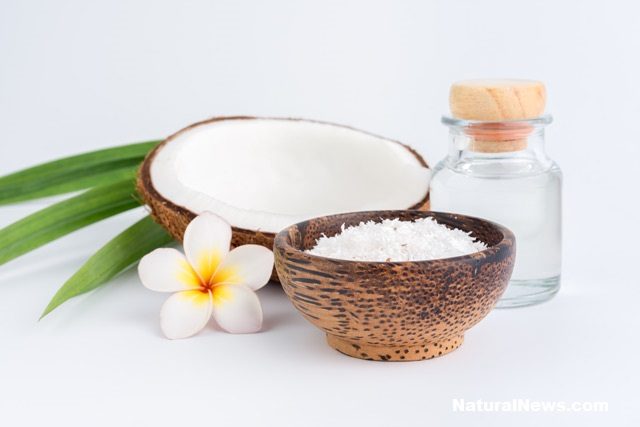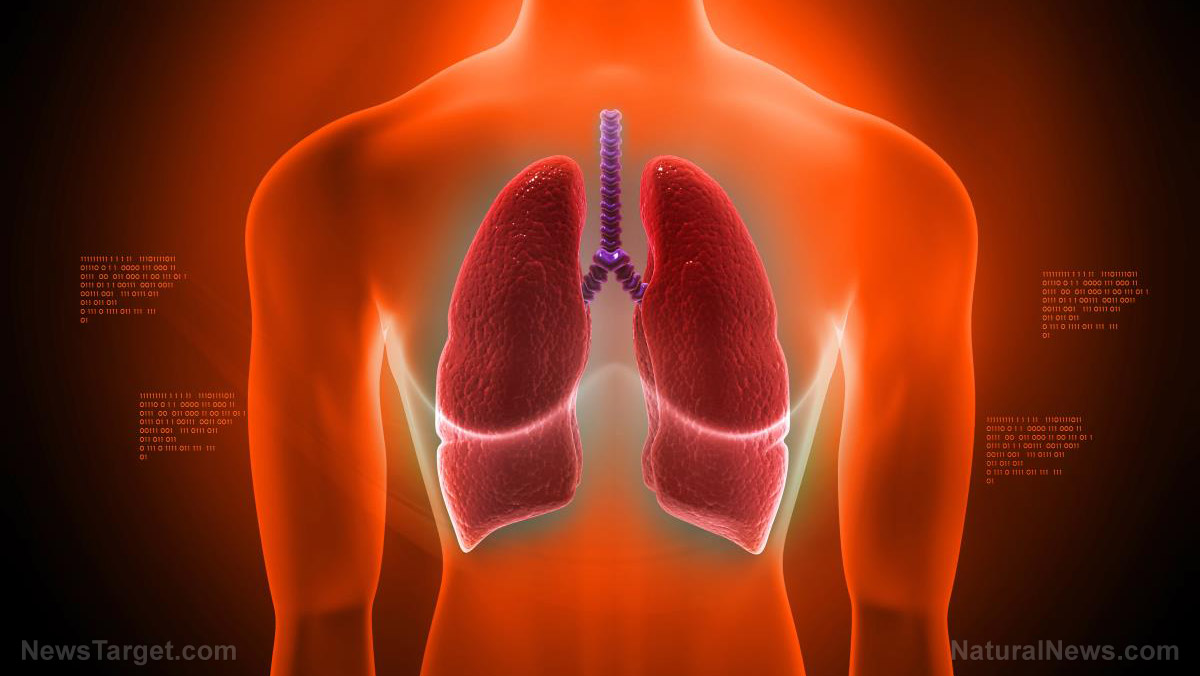Supplement your diet with vitamin D3 to have a healthier heart and cardiovascular system
06/20/2018 / By Michelle Simmons

Vitamin D provides other health benefits besides supporting bone health. A study published in the International Journal of Nanomedicine found that vitamin D3, which is naturally produced by the body when the skin is exposed to the sun, can also make the cardiovascular system healthier.
The study was carried out by a team of researchers at Ohio University who looked at the beneficial effects of vitamin D3 on the function and restoration of the cardiovascular system. They used nanosensors that are 1,000 times smaller than a human hair to monitor the effects of vitamin D3 on single endothelial cells. These cells play a role in the regulation of the cardiovascular system.
Results revealed that vitamin D3 was important in the stimulation of nitric oxide, which is an essential signaling molecule. The stimulation of nitric oxide results in the regulation of blood flow and the prevention of clotting in the cardiovascular system. Dysfunction can lead to cardiovascular problems, including heart attacks. Moreover, vitamin D3 was also found to decrease oxidative stress levels within the cardiovascular system.
The findings of the study indicated that adequate vitamin D3 levels can help reverse cardiovascular damage caused by various diseases, such as hypertension, diabetes, and atherosclerosis. The research team noted that this effect of vitamin D3 cannot be seen in any other substance.
“This is a very inexpensive solution to repair the cardiovascular system. We don’t have to develop a new drug. We already have it,” Tadeusz Malinski, one of the researchers, said in a report.
Thus, the researchers suggested that vitamin D3 may be beneficial to people who have previously experienced a heart attack, stroke, hypovolemia, vasculopathy, diabetes, and atherosclerosis.
Getting more vitamin D
It may not be easy for everyone to get enough amounts of vitamin D, especially during winter. But even in other seasons, there are many factors that affect a person’s ability to get adequate amounts of vitamin D through the sun alone. These include being in a highly polluted area, using sunscreen, spending more time indoors, residing in big cities where buildings block sunlight, and having darker skin as high levels of melanin (the pigment that darkens the skin) causes less vitamin D to be absorbed by the body. These factors also contribute to vitamin D deficiency in an increasing number of people. You may be low in vitamin D if you experience the following:
- You get sick or infected often
- You feel excessive fatigue and tiredness
- You experience pain in the bone and back
- You are depressed
- Your wounds are slow to heal
- You have low bone mineral density
- You experience severe hair loss
- You experience muscle pain
Fortunately, you can increase your vitamin D levels through natural sources apart from exposure to sunlight. You can get more vitamin D by taking fish oil supplements and incorporating fishes like sardines, herring, catfish, mackerel, cold water salmon, and tuna in your diet, or sun-dried Shitake and button mushrooms if you are a vegan. To fully utilize vitamin D supplements, you should also have sufficient magnesium intake. This is based on a study published in The Journal of the American Osteopathic Association which revealed that vitamin D remains stored and inactive within the body without adequate magnesium levels. Magnesium levels can be increased by eating magnesium-rich foods, such as kelp, almonds, cashew, molasses, buckwheat, Brazil nuts, dulse, filberts, millet, and pecans.
Read more news stories and studies on the benefits of vitamin D by going to VitaminD.news.
Sources include:
Tagged Under: cardiovascular health, heart health, natural cures, Natural Treatments, nutrients, nutrition, sunlight vitamin, supplements, vitamin D, vitamin d3



















